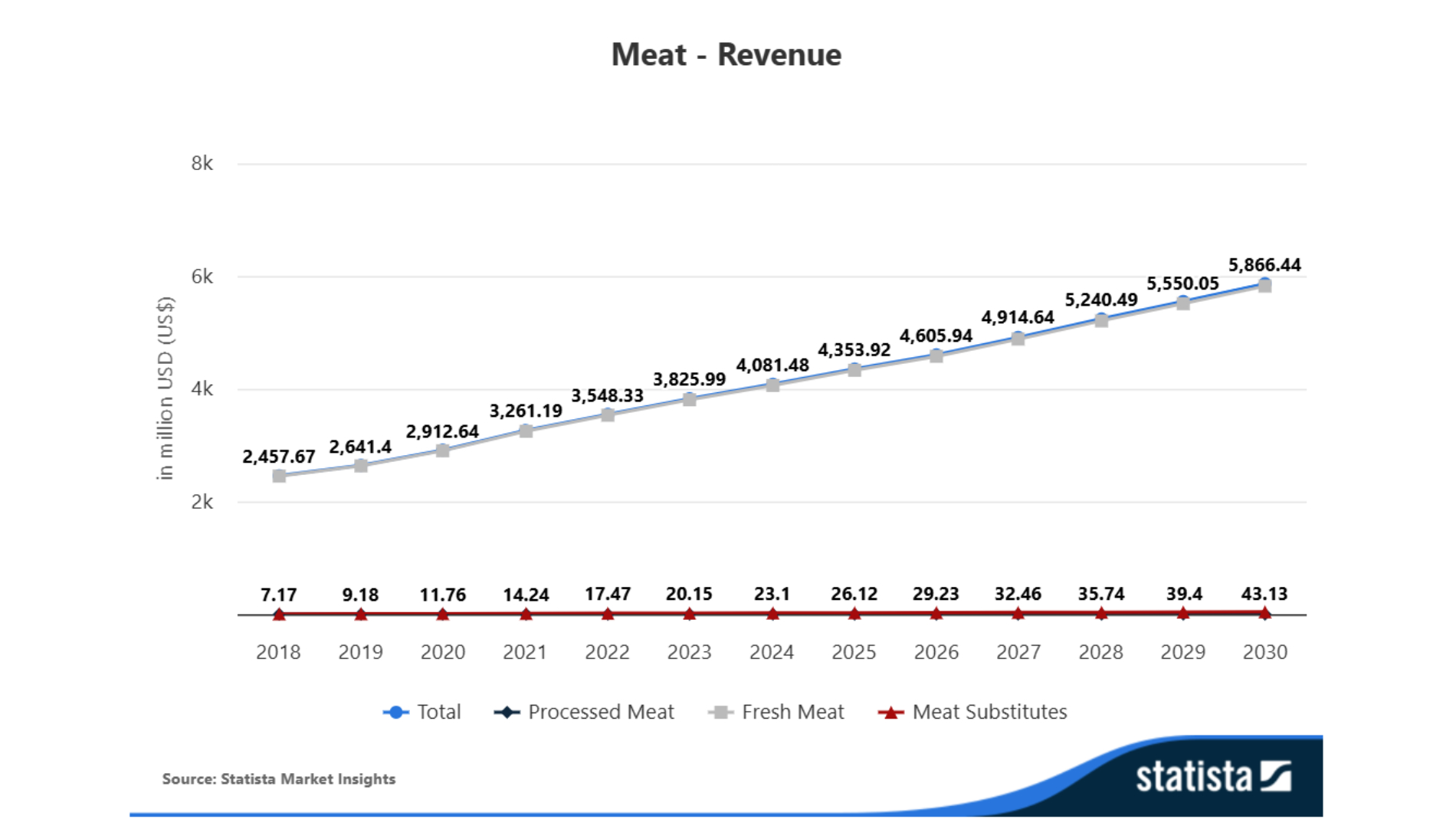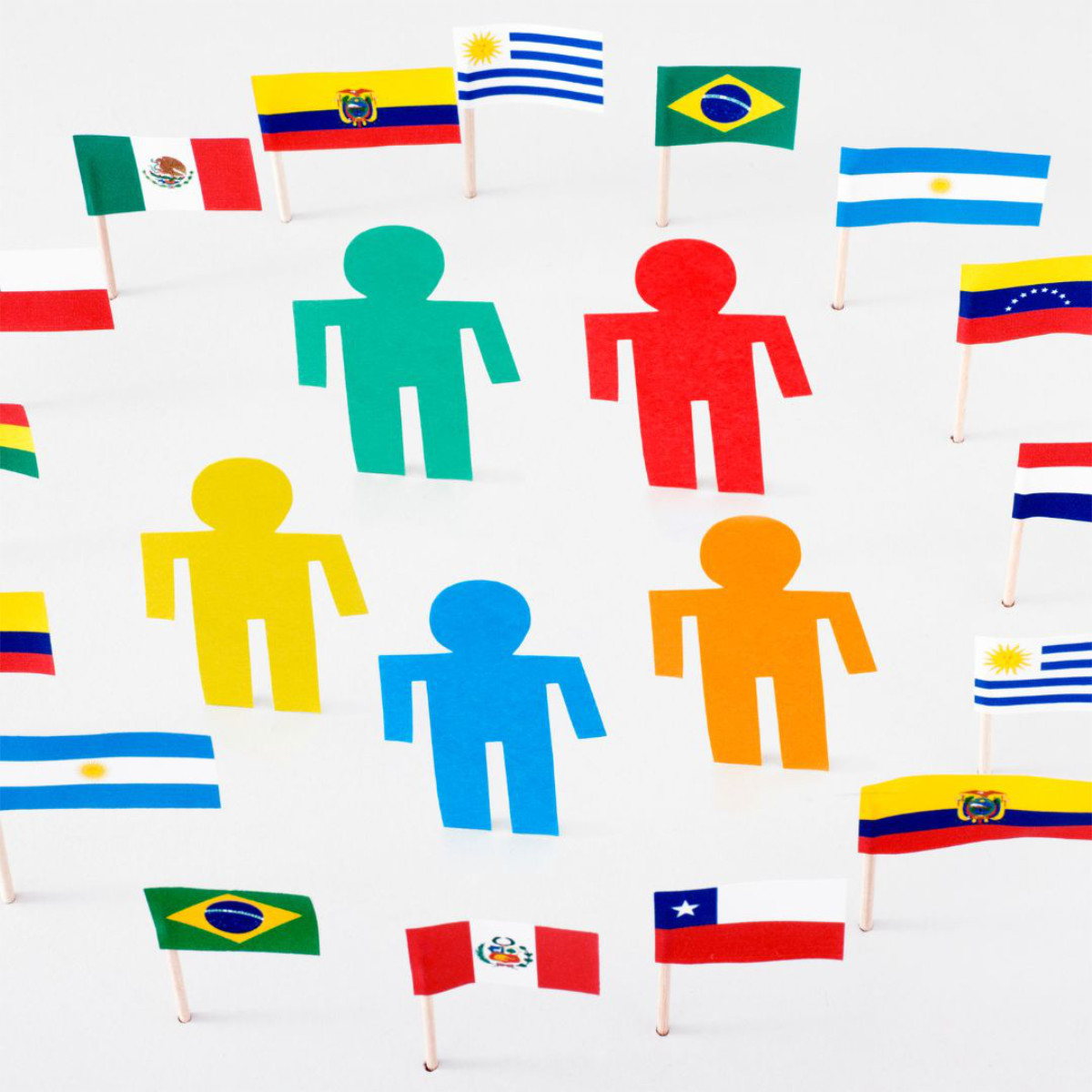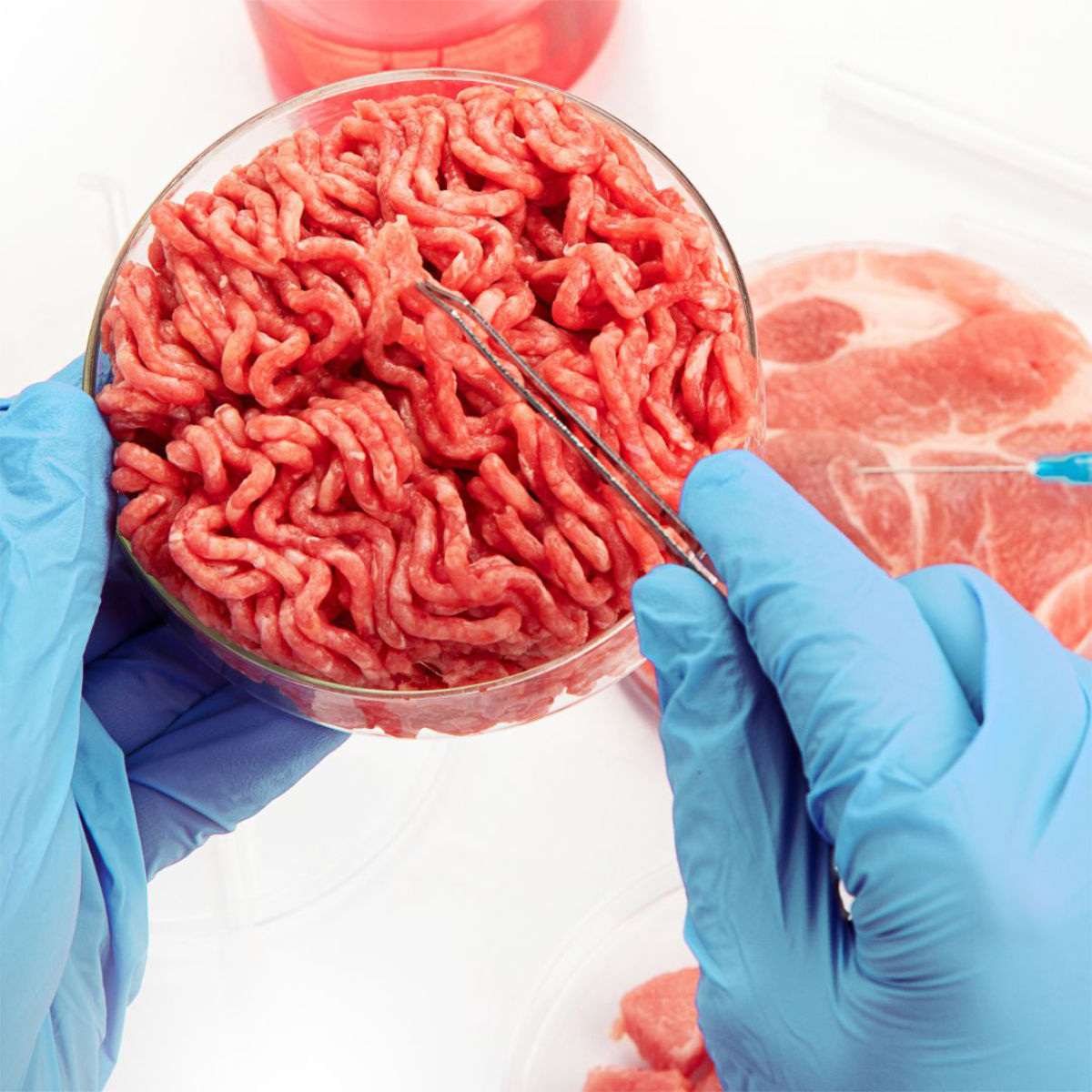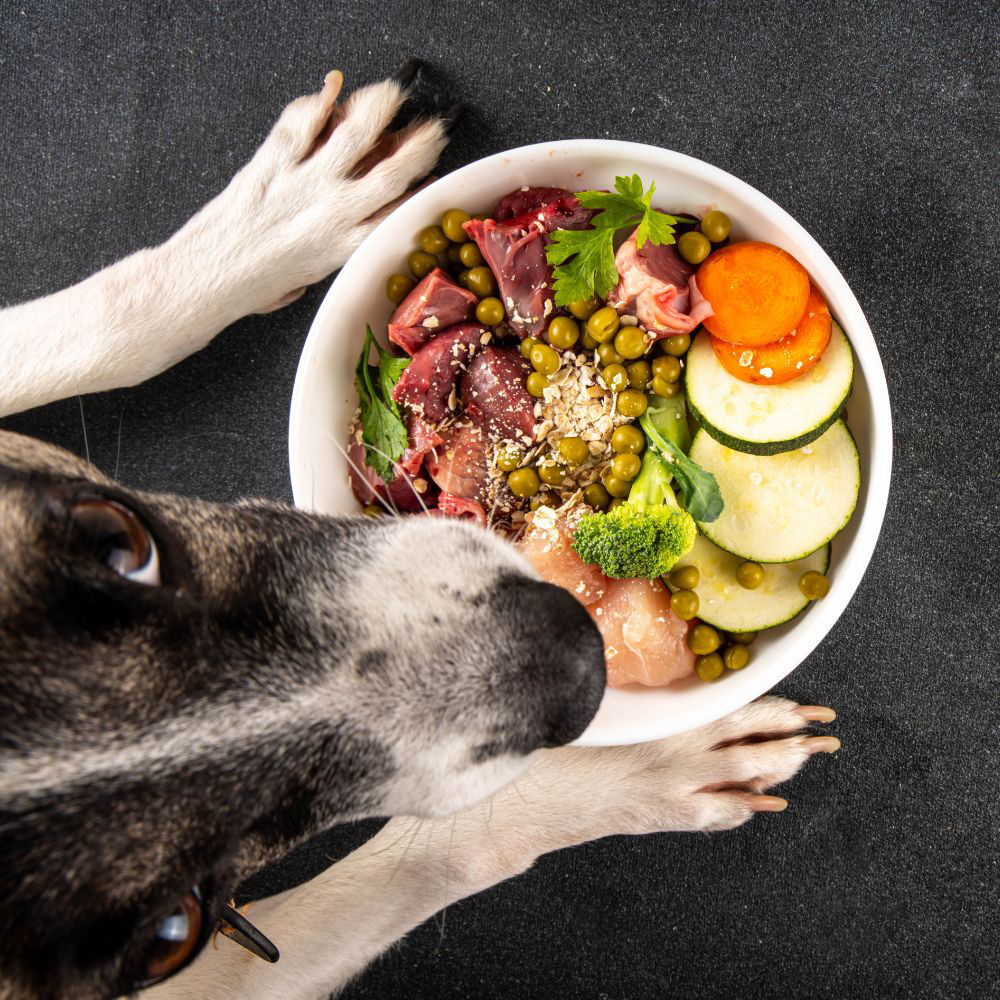Reading time: 4 minutes
A Culinary Identity Full of Contrasts
Israel is a country of contrasts – ancient and modern, religious and secular, and today: proudly vegan and deeply carnivorous. While Tel Aviv is known globally as the "Vegan Capital of the World”, Israel also ranks among the top countries in per capita meat consumption. In this paradox lies not confusion, but innovation. On the Israeli plate, brisket meets biomilk, and Wagyu-style steaks share space with 3D-printed shawarma.
A Nation Where Contrasts Thrive Together
Israel didn’t shift from meat to veganism – it embraced both. As vegan culture blossomed in Tel Aviv, a parallel meat movement emerged across the country – driven by education, culinary knowledge, and community engagement.
At the heart of this movement is *Carnivores Original*, Israel’s largest meat-focused community and one of the most influential in the world, with over 850,000 active followers. Founded in 2016, the community has reshaped the way Israelis think about meat. Through private chef events, butchery workshops, viral content, and live meat-cutting demonstrations, it helped cultivate a new generation of educated, conscious carnivores.
Meat is no longer reserved for Friday afternoons – it’s become a cultural and social pillar multiple times a week. Israeli consumers now look for origin, marbling, ethics, and story—not just protein.
Meat Consumption in Israel – Still Strong, But Smarter
On average, Israelis consume around 92 kg of meat per capita annually, with poultry and turkey leading at over 58 kg. Beef and lamb are popular, especially in traditional and Arab communities.
While Europe sees a decline in meat consumption, Israel’s numbers remain high – yet increasingly refined. There’s a clear shift from "how much" to "what kind." The demand now favors marbling, grain-feeding, and dry-aging.

Chapter 3: The Wagyu Dream – And the Truth
Premium meat demand is surging in Israel, especially for richly marbled cuts. Wagyu has become synonymous with prestige. But here’s the truth: There is no authentic Japanese Wagyu in Israel.
Japanese export laws and kosher complexities prevent its import. Australian and American Wagyu haven’t officially reached Israel either. What’s sold as “Wagyu-style” is typically well-finished Angus beef with high marbling.
And that’s perfectly fine. Israeli consumers now care more about how the animal was raised, what it was fed, and who processed it – rather than just the name. Authenticity today is measured by process, not origin.
Tel Aviv’s Vegan Wave – Powered by Values and Technology
About 5% of Israelis identify as vegan, with another 8–10% as vegetarian. Tel Aviv leads with over 400 vegan-friendly restaurants.
The reasons are many:
- Kosher laws that encourage separation of meat and dairy, making plant-based cooking easier.
- Ethical and environmental values that resonate with younger generations.
- Tech-driven innovation that turns veganism into a high-tech domain—from vegan shawarma to almond cheeses.
Israelis have adopted a flexitarian lifestyle. Lamb on Friday, tofu on Tuesday. Not a contradiction – balance.
The Start-Up Nation’s Food Revolution
Israel is home to over 80 startups in the alternative protein space. Some notable examples:
- Aleph Farms – Cultivated steaks grown from animal cells.
- SuperMeat – Cultured chicken with a Tel Aviv demo kitchen.
- Redefine Meat – 3D-printed meat cuts sold in Europe.
- Imagindairy, Remilk – Animal-free dairy via precision fermentation.
Together, these companies raised over $1 billion between 2018–2023, supported by significant government grants and facilities.
Kosher Limitations – An Opportunity in Disguise
All imported meat in Israel must be kosher – requiring layered inspections, increasing costs, and limiting official imports. However, this also enhances consumer trust, traceability, and quality assurance.
Kosher rules, despite being restrictive, fostered boutique innovation and higher standards. They also explain why real Wagyu is nearly impossible to import – but in its place, a uniquely Israeli meat culture has flourished.
Resilience in a Time of Crisis
The 2024 Gaza conflict and Turkey’s trade embargo disrupted Israel’s food supply. Yet no major shortages occurred, thanks to:
- 75% poultry self-sufficiency
- Diverse beef import sources (Argentina, U.S., Uruguay)
- New cold storage infrastructure (32,000 m² added)
These challenges accelerated the development of local solutions—cultivated meat, urban farming, and decentralized supply chains.
Israel as a Living Culinary Lab
Israel isn’t torn between veganism and meat – it’s thriving in both. Food laws, startup energy, and culinary heritage form a global microcosm.
From tomahawks to lab-grown steaks, this small country is redefining how we eat – with mindfulness, curiosity, and craft.
Whether through the flames of the grill or the hum of a fermentation tank, Israel’s culinary identity isn’t just evolving. It’s leading.
Foodtech Now! Series in Markets & Trends
Global Protein Perspectives

What does the protein landscape look like in other parts of the world? Where are which types of meat and alternative proteins popular? Our new series Global Protein Perspectives takes you on a journey and highlights global trends in the protein markets.
If you would like to share your protein insights or have any suggestions, we would love to hear from you.







